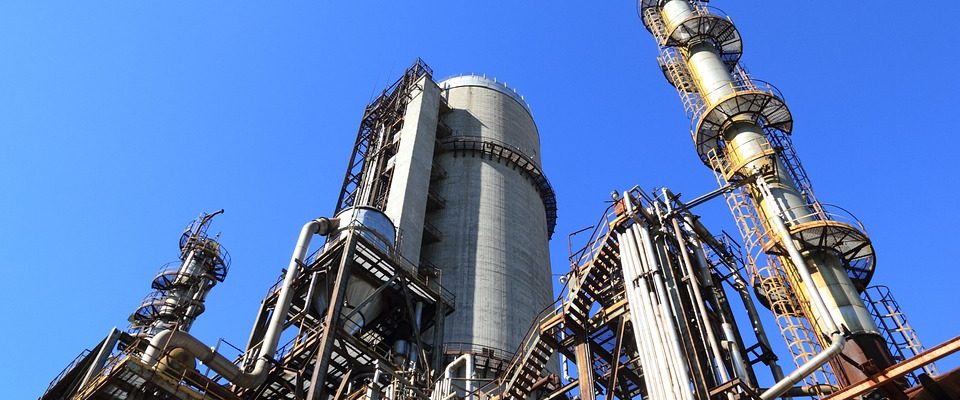
As one of the largest specialty chemicals companies, this customer operates in many parts of the world, where even minor incidents can trigger significant public outrage – from mining in developing countries to working with toxic and explosive chemicals to substances that can be used in both pharmaceutical development and drug production. As a publicly traded company, negative headlines can have a dramatic impact on company value and capital. Its primary interest is therefore to prevent accidents from occurring in the first place – and, where something does happen, to recognize the very first signs, in order to resolve problems and actively communicate them, rather than allowing them to escalate into a scandal.
To achieve this goal, we have conducted interviews with employees from various units and systematically evaluated previous crisis events. We developed a system of potential reputation-relevant crises and corresponding indicators. We could use public signals to identify the incidents and their escalation potential early on. We monitor the media to continuously test the identified topics against live data in real-time. This shows how people really talk about such issues and which formulations should be interpreted as the first warning signs – without raising false alarms. In critical topic areas, Neutrum Topic Navigator provides a highly differentiated record of the different “camps” among critics and points out which aspects are crucial for each of them. Reputation Monitor – an customized version of Neutrum Innovation Monitor – is trained with this quality-assured data for the continuous, global collection, automatic classification and evaluation of early warning indicators for potential reputation crises. The system is completed with the design of appropriate alerting and escalation processes – and training of all internal stakeholders.
The specialty chemicals group now has a global, automated monitoring and alerting system for potential crises that identifies events that may affect its reputation within minutes with a high accuracy rate, placing them on the agenda at headquarters. This ensures an extremely rapid response and prevents losses at the stock market. An additional benefit: A greater understanding of the needs of external stakeholders also leads to the discovery and exploitation of further opportunities. This dimension will be given even greater weight in the future through a gradual expansion of the Reputation Monitor into an opportunity radar that also monitors drivers of share-price-promoting perceptions.